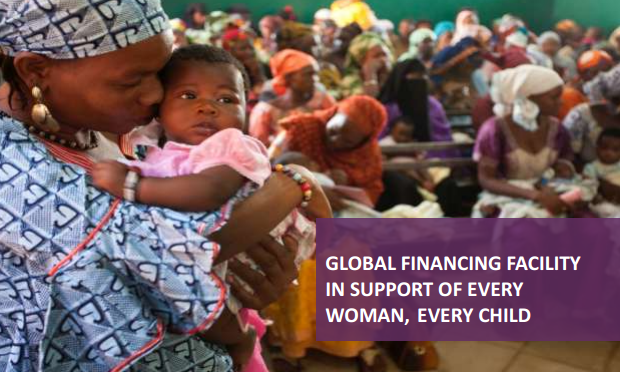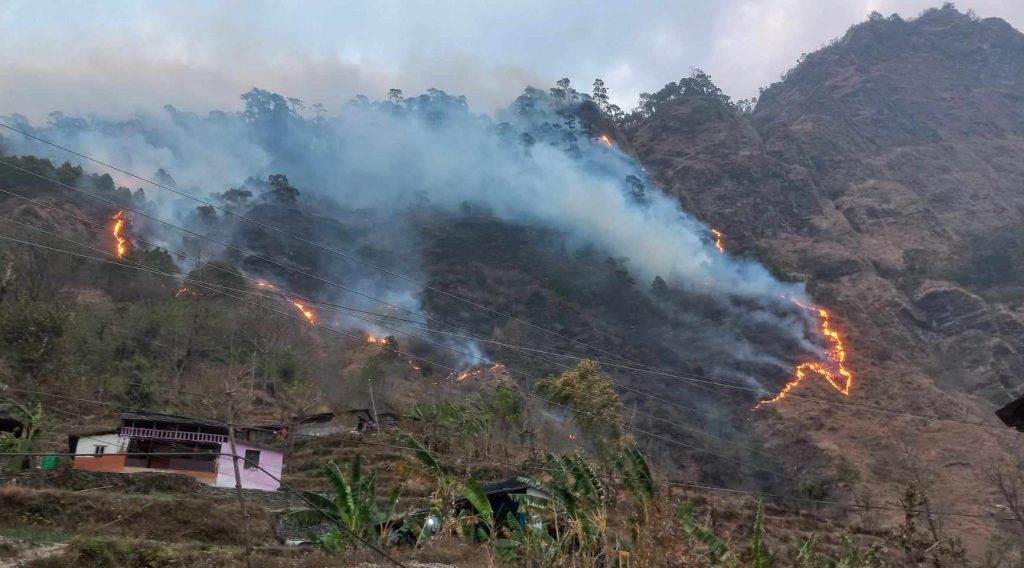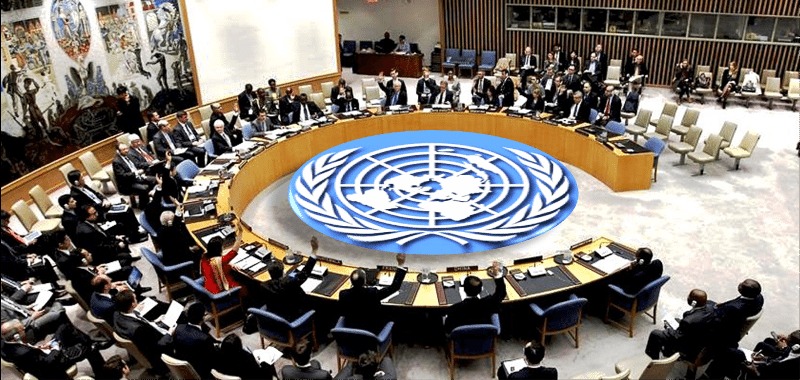Bill & Melinda Gates Foundation announces US$200 million pledge to the GFF
- Nature Khabar


The Global Financing Facility (GFF) in support of Every Woman Every Child is launching its replenishment today on the margins of the United Nations General Assembly, with the goal of raising US$2 billion to expand the GFF to a total of 50 countries[1] during the next five years. This financing has the potential to catalyze enough additional domestic and global resources to close the current estimated funding gap of US$33 billion per year to help save the lives of up to 38 million women, children and adolescents by 2030.
“Women, children and adolescents are the linchpin of development. Their health and well-being are critical to the achievement of the 2030 Agenda for Sustainable Development,” said António Guterres, the United Nations Secretary-General during the meeting of the High-level Steering Group for Every Woman Every Child in the margins of the UN General Assembly. “Whether they are in developed countries or refugee camps, women and young people have hopes, dreams and ambitions that transcend borders and rise above conflict. We have a duty and an opportunity to help them achieve their full potential.”
At the GFF replenishment launch, the Bill & Melinda Gates Foundation announced a US$200 million pledge to the GFF Trust Fund[2].
“The world has made historic progress against global poverty and disease, but that progress is in jeopardy,” said Melinda Gates, Co-Chair of the Bill & Melinda Gates Foundation. “Investing in women and children’s health is critical to lifting the world’s poorest out of poverty, and the Global Financing Facility offers an innovative blueprint to make financing health more effective.”
Although countries have made considerable progress during the past 25 years in improving the health and wellbeing of women, children and adolescents, too many are still dying and suffering from preventable conditions—in considerable part because of a large financing gap. This new funding will help countries reach those who do not yet have access to quality services and accelerate progress on reproductive, maternal, newborn, child, and adolescent health and nutrition.
Each dollar invested in the GFF Trust Fund is catalytic and links to several sources of funding—domestic government resources, financing from the World Bank’s International Development Association (IDA) and the International Bank for Reconstruction and Development (IBRD), aligned external financing, and private sector resources. Together, this funding will help countries to realize much greater health and economic gains by starting to close the US$33 billion gap with just US$2 billion in catalytic funding.
“The changing global landscape demands that we change the way we work—and that starts with how we finance investments in people today, and in the future,” World Bank Group President Jim Yong Kim said. “The smart, scaled, and sustainable financing that the Global Financing Facility brings to countries will help us make a real breakthrough on universal health coverage, ensuring that all women, children and adolescents can live healthy and productive lives.”
To date, 11 projects supported by US$307 million in GFF Trust Fund grants linked to US$1.8 billion in IDA/IBRD financing have been approved by the World Bank Group. IDA recently announced its largest replenishment ever, generating US$75 billion that is available for national priorities in low-income countries during the next three years.
The World Bank Group and the United Nations launched the GFF at the Third International Conference on Financing for Development in Addis Ababa in July 2015 in support of Every Woman Every Child, and as part of a global conversation about how to finance the Sustainable Development Goals. The GFF has demonstrated in countries that the concept developed two years ago works: women, children and adolescents are benefitting from the new model of financing that the GFF has developed—leading to high demand from countries that are interested in becoming part of the GFF.
The GFF is a broad partnership that is overseen by an Investors Group composed of the World Bank Group, which houses the GFF; Gavi, the Vaccine Alliance; the Global Fund to Fight AIDS, Tuberculosis and Malaria; the United Nations; MSD for Mothers; the Bill & Melinda Gates Foundation; and the governments of Canada, Norway, Japan, the United Kingdom and the United States. Current contributors to the GFF Trust Fund include the governments of Canada, Norway and United Kingdom, the Bill & Melinda Gates Foundation, and MSD for Mothers.
The GFF offers an innovative model of financing in a new development era, with countries in the driver’s seat and bringing together multiple sources of financing in a synergistic way to support national priorities for women, children and adolescents. The GFF has drawn on sectors that influence health and nutrition outcomes such as education, water and sanitation, and social protection.
With the support of the GFF, Liberia is investing in quality emergency obstetric and newborn care; civil registration and vital statistics; adolescent health; emergency preparedness, surveillance, and response; sustainable community engagement; and leadership, governance, and management. The GFF has also supported the development of a health financing strategy, which will lead to a national contributory health scheme for sustainable and equitable financing of health services.
“In Liberia, the Global Financing Facility is playing an important role in improving the health of women, children and adolescents,” said Bernice Dahn, Minister of Health of Liberia. “This will lead to healthier lives for our people while building a resilient health system, contributing to our efforts to reach the Sustainable Development Goals. We hope that other countries can benefit from the GFF like we have.”
The 50 countries the GFF would expand to in the next five years account for 96% of the US$33 billion annual financing gap and 5.2 million maternal and child death each year.
“With more resources the GFF can reach many more women, children and young people at the most critical periods of their lives: birth, the early years and adolescence,” said Mariam Claeson, Director of the GFF. “Investing now will pay dividends in lives saved and improved and in surging economic growth.”





Feedback